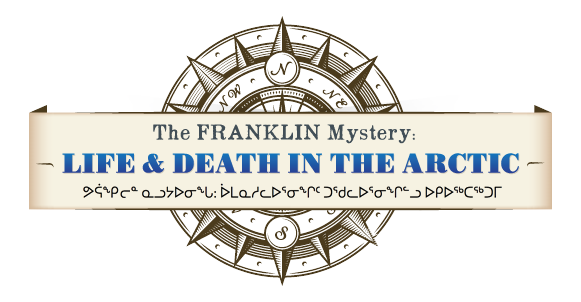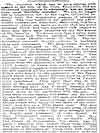Untitled Editorial (1854)
The curiosity which has so long existed with regard to the fate of Sir JOHN FRANKLIN and his ill-starred companions in adventure has at length been most fearfully satisfied. We are no longer left to conjecture, nor to the vague inferences deduced from the momentary passage of phantom ships. The very bodies of our gallant and unfortunate countrymen have been discovered, but in a condition which can leave no doubt that the worst surmises which had been hazarded with regard to their fate have been exceeded by the full horror of the calamity. We know now that a party from the Erebus and Terror perished by starvation – the most terrible form of death. The information received, though concise, is perfectly clear and conclusive. Dr. RAE, whose name has been so celebrated in the annals of Arctic travel, arrived in England on Sunday last, and was the bearer of the terrible news which we printed yesterday for the information of the public. This gentleman was engaged in the survey of the western coast of Boothia, when he obtained intelligence from the Esquimaux that in the spring of 1850 a party of weary and wayworn white men had been seen struggling with the difficulties of the ice, and making for the northern coast of America. Relics were found in the possession of the Esquimaux which left no doubt that the persons of whom they spoke were in fact the survivors of FRANKLIN’S expedition. They made their way to the shore of the continent, and it was at this point their strength gave way a short distance to the westward of that great river which Sir GEORGE BACK traced down to its confluence with the sea. A little later in the season, but before the ice broke up, the Esquimaux came to a spot, and discovered the sad relics of so much courage and endurance. Thirty bodies were lying on the shore of the continent, and five on a little island near. The first who perished had been buried by the piety of their companions ; but alas ! too soon strength failed, or despair took possession of every breast. In that inhospitable region, at the time they reached it, no food was to be found. They had plenty of ammunition, but there was no game ; wherever they turned their eyes, nothing was to be seen but ice and a dreary desert. The character of the region at which they had arrived could be no secret to Sir JOHN FRANKLIN or to his officers, supposing that he had himself perished before the party reached the spot. It is clear they had compasses with them ; they knew the position of Back’s River, and where they were. Sir JOHN and all his officers must have been perfectly well acquainted with BACK’s adventures. Somewhat further to the east lay the scene of FRANKLIN’s own sufferings and exploits in former years. We should be inclined to suppose, from the direction taken by the party, that FRANKLIN did not perish when the ships received the injury which caused their destruction. The lead to his own old course was a natural one on his part. His subordinates, in all probability, would have been more inclined to retrace their steps than to pass to regions utterly unknown to them, save by the gloomy traditions of the Starving Ground.



